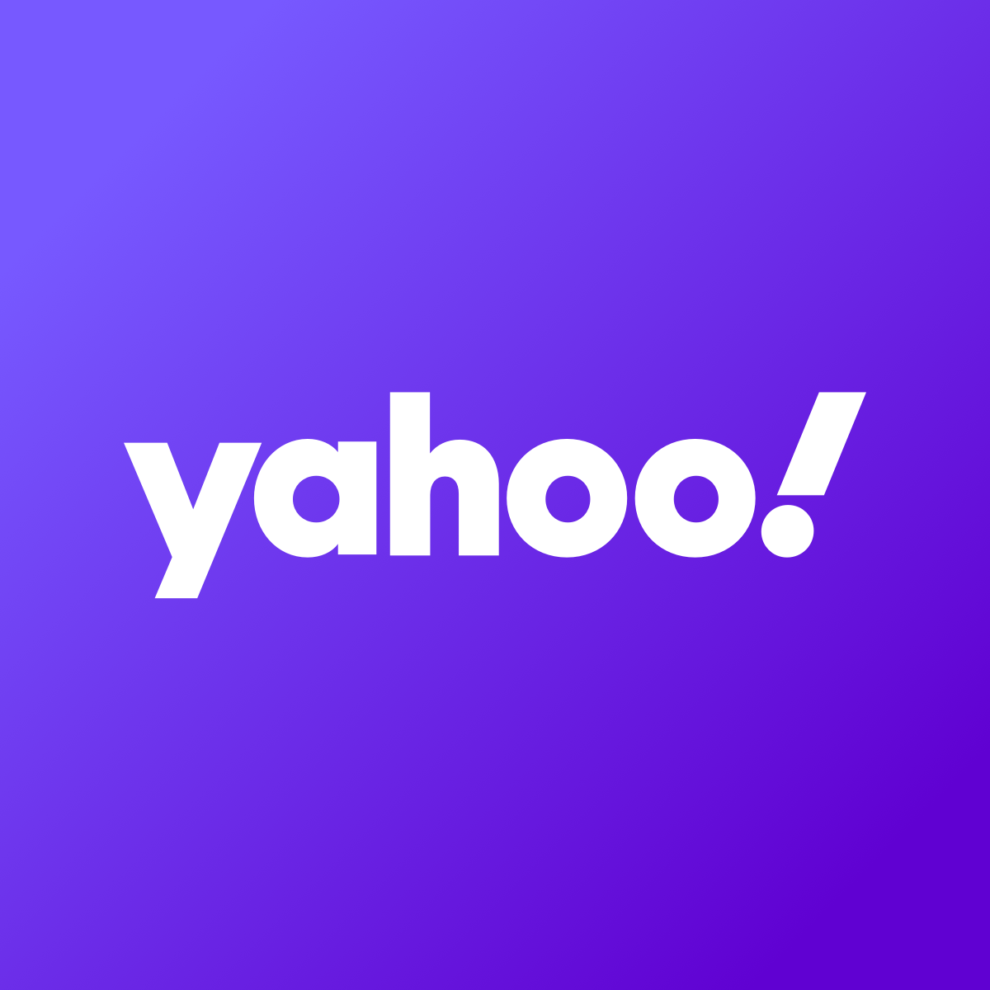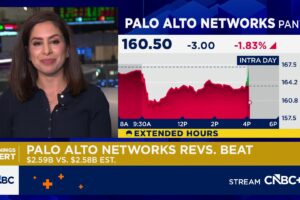
* 170 political prisoners in Vietnam, most since 1996 – Amnesty
* Crackdown has intensified; longer, harsher jail terms – data
* Vietnamese military runs anti-dissident cyber unit Force 47
* ‘Chilling effect’ – U.N. human rights office
* Comes amid growing muscle for Vietnam in global trade
By James Pearson
HANOI, Jan 19 (Reuters) – As Vietnam’s ruling Communist Party gears up for its most important meeting in years, its leadership has presided over an intensified crackdown on dissent, according to rights groups, activists and data collated by Reuters.
A record number of political prisoners, longer jail terms, and increased harassment of activists in recent years have contributed to the crackdown ahead of this week’s Communist Party congress, a gathering to determine national leadership and policy that takes place once every five years.
The crackdown has left some international human rights groups and lawmakers questioning whether Vietnam has breached the spirit of trade agreements with Western countries – accords that have helped propel the country to a position of economic strength in Southeast Asia.
“I have been summoned by the police several times since December 9, 2020,” said Nguyen Quang A, a veteran activist in Hanoi, declining to detail the circumstances saying he was subject to an ongoing investigation. He told Reuters Vietnam’s security ministry had in recent weeks rounded up other government critics without saying why, citing his contacts with activists.
“They (the police) summon them and find reasons to convict them under those very fuzzy articles of criminal law. It completely violates the law but they use it very regularly,” said Quang A. “I’ve told them they can’t shut me up.”
Vietnam’s foreign ministry, which handles inquiries from foreign media, did not respond to Reuters’ request for comment on activist detentions.
‘ANTI-STATE’
Despite reforms and increasing openness to social change, the Communist Party of Vietnam, led by 76-year-old Nguyen Phu Trong, tolerates little criticism and controls domestic media tightly.
Vietnam drew international condemnation this month when it sentenced three freelance journalists known for criticism of government to between 11 and 15 years in prison, finding them guilty of spreading anti-state propaganda.
The country’s constitution says it protects “freedom of opinion and speech, freedom of the press, access to information, to assemble, form associations and hold demonstrations”.
In reality, public criticism of the Party is not tolerated, and groups which promote democratisation are targeted by the authorities in a battle playing out online on platforms like Facebook, Vietnam’s premier platform for both e-commerce and dissent.
A Reuters tally based on state media reports found 280 people were arrested for “anti-state” activities over the five years since the last Party congress: 260 were convicted, many being sentenced to more than 10 years in jail. In the five years leading up to the 2016 congress, there were 68 arrests and 58 convictions.
‘FORCE 47’
Last year, Amnesty International said it had recorded the most “prisoners of conscience” in Vietnam since it began publishing figures in 1996 – 170, close to double the 97 recorded in 2018. Of the 170, some 70 were detained for online activism, Amnesty said.
In late 2017, Vietnam unveiled a 10,000-strong military cyber unit, Force 47, to counter what it said were “wrong” views on the internet. According to rights groups, the unit also recruits volunteers online to target dissidents and activists.
Reuters reviewed dozens of posts across multiple Facebook groups and pages from December and January that claimed links with Force 47. Many attacked prominent activists, including Nguyen Quang A, accused by one group of creating anti-state propaganda.
Some group moderators were dressed in military uniform in their profile photos while others ran pages for official local branches of Communist Party organisations.
Last November, Vietnam threatened to shut Facebook down if it didn’t toughen rules on local political content on the platform.
Facebook’s local servers had been taken offline by the government earlier last year until it agreed to significantly increase policing of “anti-state” posts by local users, a request with which Facebook previously said it complied.
A Facebook spokesman said the company faced “additional pressure” from Vietnam to restrict content last year.
‘DRIVER’S SEAT’
For some, the crackdown has a connection with fluctuations in global trade ties with Vietnam.
“During the (former U.S. President Barack) Obama administration, pressure on rights connected with TPP (trade) negotiations helped the cause of human rights activists and political dissidents,” said Phil Robertson, Deputy Asia Director at Human Rights Watch.
“The early visit of Prime Minister (Nguyen Xuan) Phuc in 2017 to the Trump White House saw human rights completely dropped from the agenda,” he said.
Robertson said trade tensions with China have also left Vietnam “in the driver’s seat” as U.S. and European Union companies look for alternative supply chains, helping the Vietnamese economy thrive.
“The EU had an important opportunity to make real changes through the EU-Vietnam Free Trade Agreement,” said Robertson, referring to a pact that has been a boon for Vietnam. Instead, he said, the EU “fell short, settling for vague promises … instead of substantive changes.”
EU officials didn’t immediately respond to Reuters’ request for comment.
After the jailing of the three journalists earlier this month, the U.N. human rights office said, “Coming just weeks ahead (of the Party congress), the convictions and long sentences are not only a blatant suppression of independent journalism but also a clear attempt to create a chilling effect among those willing to criticise the government.”
The United States described the sentences as the “latest in a troubling and accelerating trend of arrests and convictions of Vietnamese citizens exercising rights enshrined in Vietnam’s constitution”. (Reporting by James Pearson; Additional reporting by Fanny Potkin in Singapore; Editing by Kenneth Maxwell)









